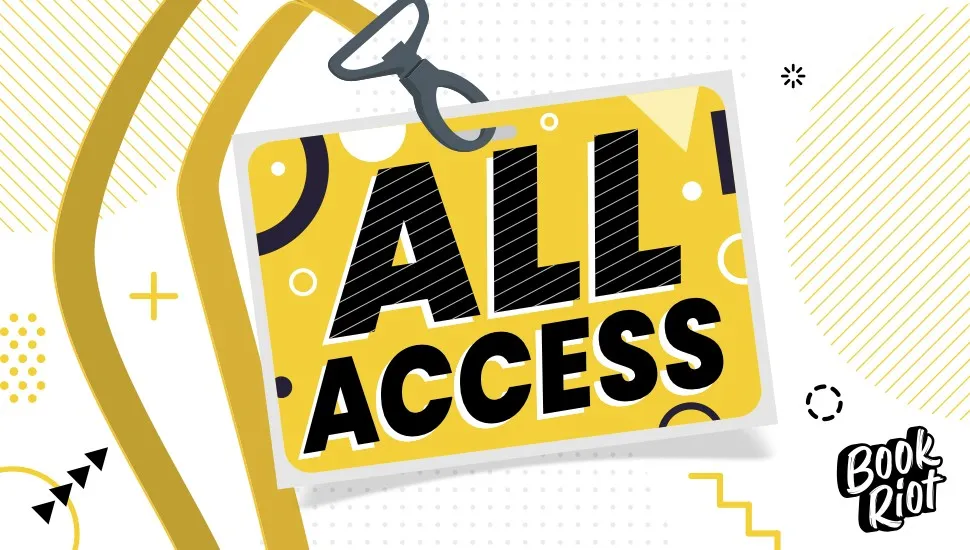Rebuilding Self Esteem in a World that Taught You to Hide
A Self Esteem Empowerment Workbook for Women
You don’t have to keep proving your worth. You already are enough.
Coming Home to You is a trauma-informed self-esteem workbook for women who appear strong on the outside—but secretly struggle with self-doubt, people pleasing, and the exhausting need to earn their value.
Psychotherapist and somatic coach Jane McMiller guides you through a gentle yet powerful journey to rebuild self-worth from the inside out. Blending subconscious reprogramming, somatic healing, and emotional insight, this book helps you uncover the roots of unworthiness and create lasting inner change.
Inside, you’ll find:
- Tools to rewire limiting beliefs and soften your inner critic
- Somatic practices to feel safer in your body and emotions
- Nervous system support for real-life stressors
- Supportive tools to gently tend to your younger emotional self
- Reflection prompts to help you reclaim your voice and worth
And for extra support, you’ll have access to guided audio practices—so you don’t have to do it all alone.
Listen along as Jane walks you through key visualizations and somatic tools designed to meet you where you are.
Excerpt from Coming Home to You © Copyright 2025 Jane McMiller
CHAPTER 1
THE FOUNDATIONS OF SELF-ESTEEM
Let’s start at the beginning. Understanding what self-esteem truly is and why it matters so deeply is the first step in transforming it.
We often use the term “self-esteem” like it’s just another buzzword. But for many of us, it’s not entirely clear what it actually means or how it impacts our daily lives in quiet, powerful ways. So, let’s start there.
A PERSONAL STORY
I want to introduce you to Sara. She’s in her thirties, kind-hearted, and quietly brilliant. She works hard, always shows up for others, and dreams of starting her own creative business. But every time she starts to take a step forward, something inside her whispers, “Who do you think you are?” And so, she pulls back. Tells herself it’s not the right time. That she’s not ready. That someone else out there could do it better.
At work, Sara rarely speaks up in meetings, even when she has great ideas. In her relationships, she avoids asking for what she really needs. Deep down, she doubts that she’s enough just as she is. And this doubt influences everything.
Sara’s story isn’t rare. It’s incredibly common. And at the heart of it all is self-esteem.
WHAT IS SELF-ESTEEM?
Self-esteem is your sense of worth—the way you see yourself, not just on the surface, but in those quiet, deep places no one else sees. It answers the question, “Do I believe I am worthy?”
It’s important to understand that self-esteem is different from confidence or self-efficacy. Confidence is your belief in your ability to do specific things, like give a presentation or cook a new recipe. Self-efficacy is your belief that your actions can bring about results. But self-esteem? That lives deeper. It’s about who you believe you are—even when no one’s watching.
When your self-esteem is strong, you don’t just believe you can do hard things. You believe that you deserve good things. That you’re worthy of love, kindness, rest, joy, and success. And you feel good about giving yourself the good things you want.
Now, you might be wondering, is self-esteem really that important? Or is it just another fluffy self-help idea? I get it. It’s a fair question. But here’s the truth. Self-esteem has been widely studied in psychology, and the research is clear: self-esteem deeply affects how we think, feel, and behave.
Psychologists define self-esteem as a person’s overall sense of self-worth or personal value. It’s not just about feeling good about yourself. It’s about the role that belief plays in your daily life. Studies have shown that people with higher self-esteem tend to cope better with stress, recover more quickly from setbacks, enjoy better careers, and form healthier, happier relationships. Psychologists even found that it affects things like how much money you earn, how well you perform at work, and how likely you are to pursue your goals.
On the flip side, low self-esteem has been linked to higher rates of anxiety, depression, and burnout. It can affect your income, your relationships, your mental health—even how safe you feel in your own body. We’ll discuss this in more detail in the “Science Behind Self-Esteem” section.
Neuroscience has something to say, too. Brain imaging studies have found that certain regions of the brain, like the prefrontal cortex and the hippocampus, are active when we process self-related thoughts and emotions. These are the same areas involved in emotional regulation, memory, and decision-making. So, when your self-esteem is low, it doesn’t just affect how you feel—it can influence how you function.
In other words, self-esteem isn’t some abstract idea. It’s real, and it’s powerful.
And the best part? It’s something you can build—starting right here, with this workbook.

My profession is online marketing and development (10+ years experience), check my latest mobile app called Upcoming or my Chrome extensions for ChatGPT. But my real passion is reading books both fiction and non-fiction. I have several favorite authors like James Redfield or Daniel Keyes. If I read a book I always want to find the best part of it, every book has its unique value.




















 English (US) ·
English (US) ·